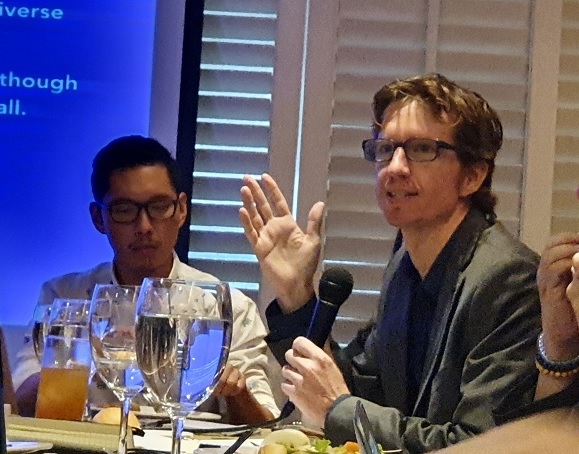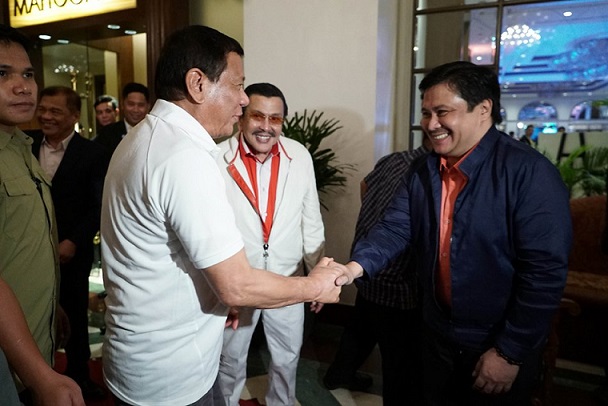By Celine Isabelle Samson,VERA Files
To combat new forms of disinformation and election propaganda seen to have circulated on social media during the May midterm polls, a study by three academics who studied the 2019 midterm Philippine elections suggest transparency in various aspects including finance to lessen disinformation in 2022 elections.
In a study titled “Tracking Digital Disinformation in the 2019 Philippine Midterm Elections” released Friday, Aug. 9, media experts Jonathan Ong from the University of Massachusetts Amherst, Ross Tapsell of Australia National University and Nicole Curato from the University of Canberra, proposed that the Commission on Elections (COMELEC) require candidates to “sign off” on online advertisements about them, and come up with more specific guidelines on campaign expenditure disclosures, specifically for online materials.
Their report, which monitored the digital disinformation that flourished from January 2019 leading up to the May 13, 2019 senatorial polls, saw the rise of underground campaigns – both positive and negative – that fly under the radar of the poll body. This, in the face of larger amounts of campaign funds being funneled into online material.
“The digital campaigners we interviewed declared that they now get a more significant chunk of the campaign war chest, with some campaigns allocating up to fifty percent of their ‘air’ budget to social media,” they said.

